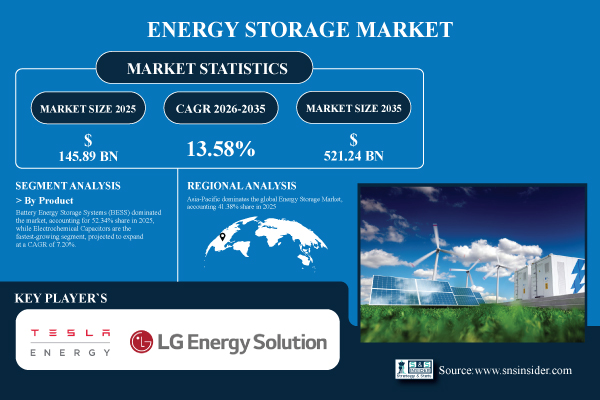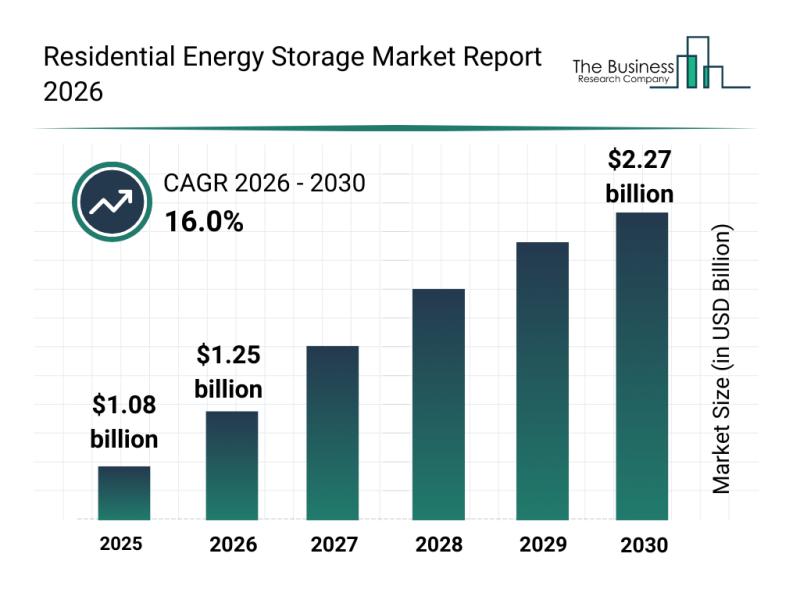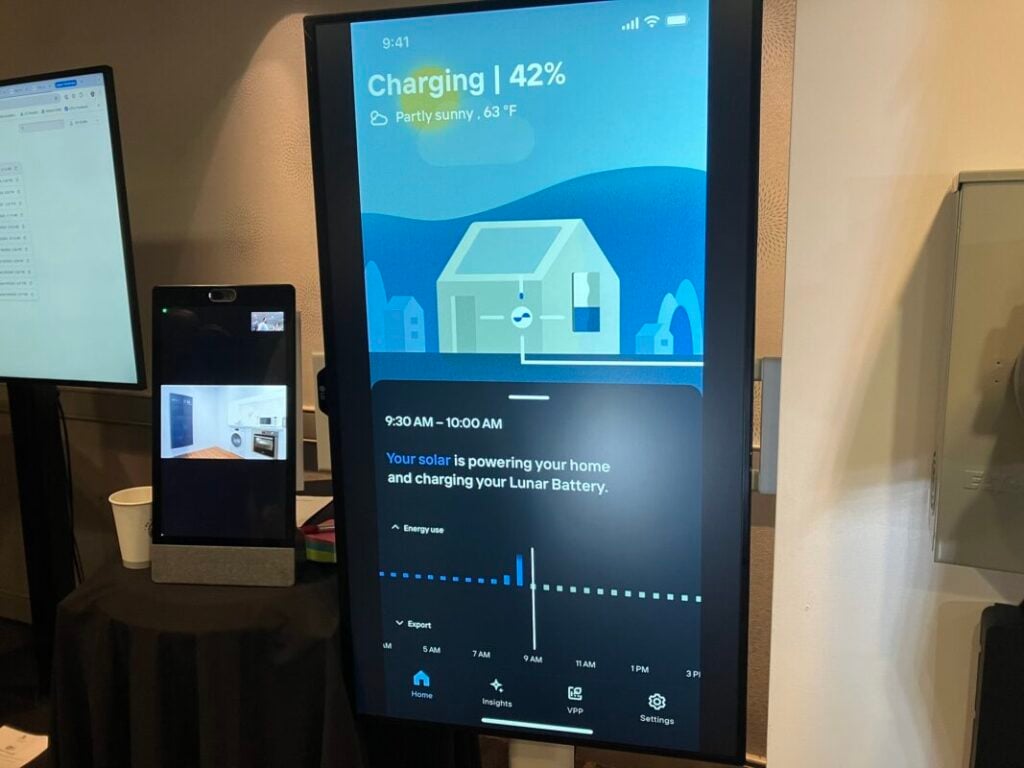Are you a passionate RV owner who loves to hit the road and explore new places? If yes, then you know how crucial it is to have fully charged batteries on board. Whether you're camping off-grid or traveling long distances, your RV battery is what keeps all of your appliances running smoothly. But do you know about the different charging methods for RV batteries? In this blog post, we'll dive into the world of RV batteries and provide expert insights on how to charge them efficiently. So buckle up and get ready to learn some valuable tips that will help keep your battery in top-notch condition!
RV batteries are an essential component of any camping trip. They power everything from your lights and fans to your refrigerator and air conditioner, providing you with the comforts of home while on the road. There are different types of RV batteries available in the market that cater to various needs.The most common type is lead-acid batteries, which are affordable but require regular maintenance. Lithium-ion batteries have become more popular lately as they offer longer life spans and faster charging times than traditional options.Choosing the right battery for your RV depends on how much energy you need and how long you plan to be off-grid. It's crucial to invest in high-quality batteries that can last through several cycles without losing their charge capacity.It's also important to note that different appliances draw varying amounts of power from your battery, so it's essential to monitor usage carefully. By being mindful of these factors, you'll ensure a consistent supply of power during your trips and avoid unexpected breakdowns due to low battery levels.
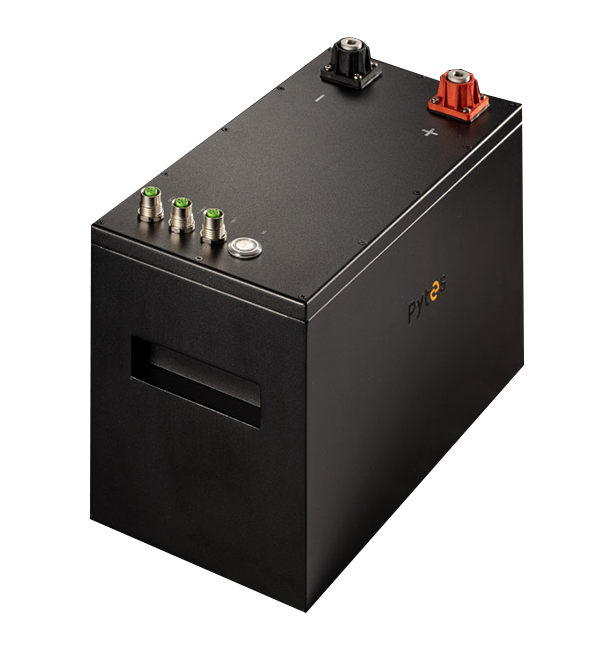
There are several types of RV batteries available on the market, each with its own unique characteristics. The most common types are lead-acid batteries, lithium-ion batteries, and gel-cell batteries.Lead-acid batteries are the most widely used type of RV battery due to their affordability and reliability. They come in two main varieties: flooded cell and sealed valve-regulated (SVR). Flooded-cell lead-acid batteries require regular maintenance, including adding distilled water to keep them functioning properly. SVR lead-acid batteries are sealed and require less maintenance but cost more than flooded-cell models.Lithium-ion RV batteries have become increasingly popular over the years because they provide more power while weighing significantly less than other battery types. Lithium-ion batteries also last longer than traditional lead-acid models and do not require as much maintenance. However, they can be expensive upfront.Gel-cell or AGM (Absorbed Glass Mat) RV Batteries use a special technology that provides leak-proof protection against vibration and shock damage. These kinds of cells offer a higher cycle life compared to traditional deep-cycle wet cells making them great options for demanding applications like off-road vehicles or boats requiring reliable power sources.Choosing the right type of RV battery will depend on your budget, specific needs, preferences & activities planned when travelling with an Rv camper van; it is important to research different options before making a purchase decision
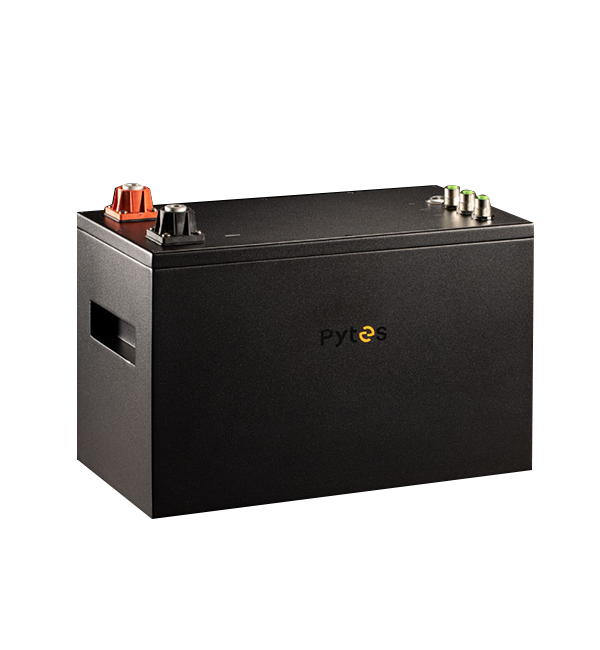
Charging your RV battery is one of the most important maintenance tasks you can perform to keep it running smoothly. But, with so many different methods of charging available, how do you know which one is best? Here are some common charging methods for RV batteries.The first method is using a converter charger. This type of charger is built into most RVs and automatically charges your battery when plugged in to shore power. It's simple and convenient but may not be the fastest or most efficient method.Another popular option is a solar panel charger. Solar panels use sunlight to charge your battery and are perfect for off-grid camping trips. They require no electricity hookup and can provide long-term charging solutions.If you're looking for faster charging options, consider using a generator or engine alternator. Generators produce AC power that can be converted by an onboard charger while engine alternators use the engine's energy to charge the battery as you drive.Regardless of which method you choose, there are some tips to help prolong your RV battery's life such as checking water levels regularly, avoiding overcharging and storing properly during off-seasons.Remember that proper maintenance will ensure optimal performance from your RV batteries year after year!
To ensure the longevity of your RV battery, it's important to take proper care of it. One way to do this is by storing your battery in a cool and dry place when not in use. Extreme temperatures can damage the battery and shorten its lifespan.Another tip is to regularly check the water levels in your lead-acid batteries and top them off with distilled water as needed. Over time, evaporation can cause low water levels which can lead to sulfation, a chemical reaction that can damage the plates inside the battery.It's also important to make sure you are using the correct charging method for your specific type of battery. Using a charger with too high or too low voltage can cause damage over time.When using your RV, try to limit power usage as much as possible and turn off all appliances when not in use. This will help prevent unnecessary strain on your battery.Consider investing in a quality maintenance device such as a trickle charger or desulfator which will help keep your RV batteries healthy between uses.By following these tips, you'll be able to prolong the life of your RV battery and avoid costly replacements down the road.
When it comes to troubleshooting RV batteries, there are a few things you can do to identify and solve the problem. Here are some tips:
Firstly, check the connections on your battery. Loose or corroded connections can prevent your battery from charging properly.If your battery is not holding a charge, try cleaning the terminals with a wire brush and baking soda solution. This will remove any corrosion that may be interfering with the connection.You should also check if your battery is overcharged or undercharged. Overcharging can cause damage to the cells in your battery, while undercharging can lead to sulfation of the plates which reduces its capacity.Another common issue is when one cell in your battery fails causing an imbalance between cells leading to reduced capacity overall. In this case, replacing just that one cell might save you money instead of getting an entirely new unit for replacement.Always remember to monitor how long it takes for your RV's electrical system to recharge after using power-intensive appliances like air conditioning units or coffee makers as they drain more energy than others!
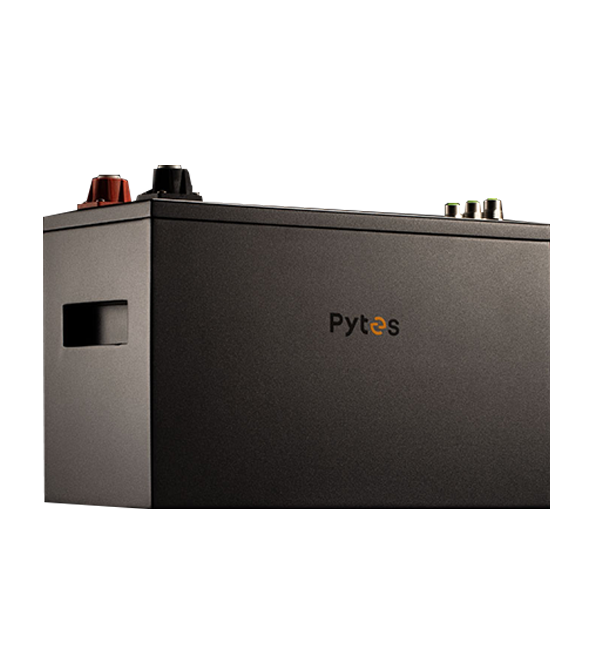
Taking good care of your RV battery is key to ensuring a comfortable and uninterrupted journey. Knowing the different types of batteries available and their charging methods is important in keeping them healthy. Remember to always follow safety precautions when working with batteries.Proper maintenance can go a long way in prolonging the life of your RV battery. This includes regular cleaning, avoiding overcharging or undercharging, and storing it properly during off-seasons.If you encounter any problems with your RV battery, don't hesitate to troubleshoot using the tips provided above or seek professional help if needed.By understanding how to charge and take care of your RV battery effectively, you’ll be able to enjoy all your adventures without any power interruptions!Welcome to contact us,if you need.pytesusa@pytesgroup.com
